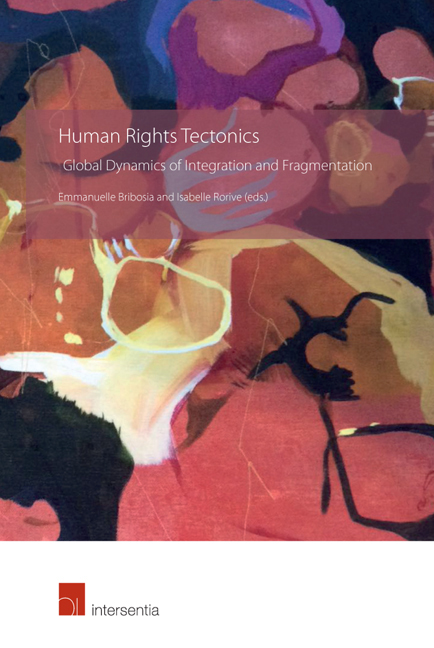Book contents
Foreword
Published online by Cambridge University Press: 31 January 2019
Summary
Human rights law scholarship is flourishing. Today's mid-career human rights law scholars in Europe vividly remember the birth and early childhood of their discipline. Throughout the 1990s, many law faculties were creating their first human rights chair and many academic human rights centres were founded. Gradually, ‘ human rights law ’ came to be seen as a discipline in its own right rather than as a part of constitutional law or public international law. In the meantime, the discipline of human rights law has moved to the next level, characterised by increased specialisation. Especially when it comes to research, not so many legal scholars of human rights identify as ‘ generalists’, covering the entire field of human rights law. Indeed, both the proliferation of the output of some of the human rights monitoring bodies (in particular the European Court of Human Rights (ECtHR)) and the expansion of scholarship in this field have made it impossible for any single scholar to be completely up to date with all developments and insights. As a result, most scholars self-identify as experts in one or more sub-fields of human rights law, such as privacy law, free speech, minority rights or ECtHR case law. This is a positive development, testifying to the increasing maturity of the discipline and leading to ever more sophisticated insights. Yet at the same time, there is a risk that a focus on the trees might obscure the wood. As the human rights landscape expands, a holistic view becomes more, not less, relevant, and the same holds true for the study of the interactions and connections between different features in that landscape. This is an argument in favour of cherishing a degree of ‘generalism’ in human rights law scholarship, and a call for experts in sub-disciplines to occasionally reflect on the positioning of the contents of their box of choice within the broader field.
It may be argued that such a reflection is also relevant for those actors who play a crucial role in interpreting human rights law and who are by definition situated within their respective boxes, that is to say, supranational human rights monitoring bodies. Each of these bodies has its own jurisdictional and/or thematic specialisation, as well as its own mandate and context. This regularly results in idiosyncratic reasoning.
- Type
- Chapter
- Information
- Human Rights TectonicsGlobal Dynamics of Integration and Fragmentation, pp. v - viPublisher: IntersentiaPrint publication year: 2018



